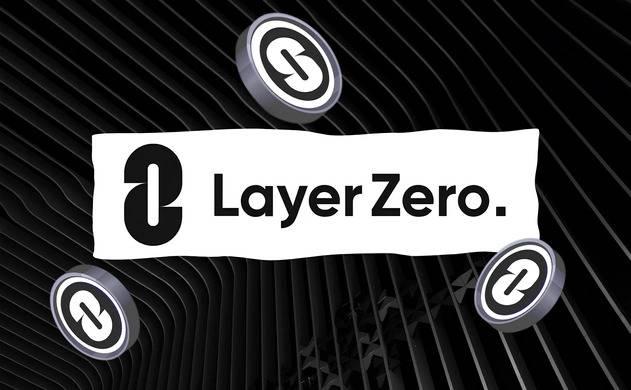A toggle buried inside Gmail set off a public firestorm this week after users realized it allowed Google’s Gemini AI to analyze their emails and calendars by default.
Posts across social media showed confusion about when the feature had been enabled and how much personal information it had touched.
The uproar intensified as people complained that Google had given no notice that the feature had been activated. Many users said they had never agreed to anything resembling AI training and were surprised to learn their inboxes and scheduling data supported Gemini unless they turned the setting off themselves.
“You have been automatically opted in to allow Gmail to access all your private messages & attachments to train AI models,” electronics design engineer and content creator Dave Jones wrote on X. You have to manually turn off Smart Features in the settings menu in two locations.”
What Google said
Google said the setting came from its updated Smart Features system across Gmail, Calendar, Drive, Chat, and Meet. The company described the tools as conveniences that relied on Workspace data to handle routine tasks.
Examples included adding flight details from Gmail to Calendar, showing order-tracking summaries, compiling tickets and loyalty cards in Google Wallet, and letting Gemini reference Drive files while drafting emails.
Google said the update gave users more granular controls and did not change its underlying data-handling practices, but noted that these features required access to email, calendar entries, and other Workspace content to work. The problem, however, is that Google did not give users the chance to turn the feature off before it was in use.
Opting out
The Smart Features prompt can be accessed in Gmail's settings wheel.
“When you turn this setting on, you agree to let Gmail, Chat, and Meet use your content and activity in these products to provide smart features and personalize your experience,” the prompt reads.
After toggling off “Turn on Smart Features in Gmail, Chat, and Meet,” users still need to go to the Manage Workspace Smart Features settings and toggle off Smart Features in Google Workspace and in other Google products to opt out entirely.
“I went immediately to my Settings and the explanatory material,” another user wrote on X. “Google tells me that the Smart Features are off by default in the UK, and this does seem to be true in my case, if they can ever be trusted.”
Google did not respond to a request for comment by Decrypt.
While Google has worked with artificial intelligence and machine learning for more than a decade, the controversy comes at a time when the technology giant is adding AI to all of its products, including Gmail, video, Chat, search, and phones. In October, Google launched Veo 3, its upgraded AI video generator. Earlier this month, it added Gemini to the Google Maps app, and on Tuesday, Google released the latest version of its flagship AI, Gemini 3.
The Gemini backlash is the latest in a long line of complaints and criticisms about how Google handles user data.
In 2014, the company acknowledged scanning user emails to protect against malware and spam while tailoring the user experience.
“Our automated systems analyse your content (including emails) to provide you personally relevant product features, such as customised search results, tailored advertising, and spam and malware detection,” Google’s Terms of Service said at the time. “This analysis occurs as the content is sent, received, and when it is stored.”
Some users on Reddit voiced deeper distrust, arguing that the new setting changed little about how Google handled their data.
“They're scanning your email anyway, Gemini or not. They already know everything that's in there, so opting out makes no difference. The option to opt out is there to provide a placebo sense of privacy,” a Redditor wrote. “The only way out is to not use Gmail. Even if you do opt out, they will still use your email to train their model. There's just too much data, and data is too valuable not to use, even if it's illegal.”
The episode showed the challenge of adding generative AI into products used by more than a billion people. As Google pushed Gemini deeper into its productivity suite, the reaction suggested many users remained unclear about when their personal communication data was involved.








